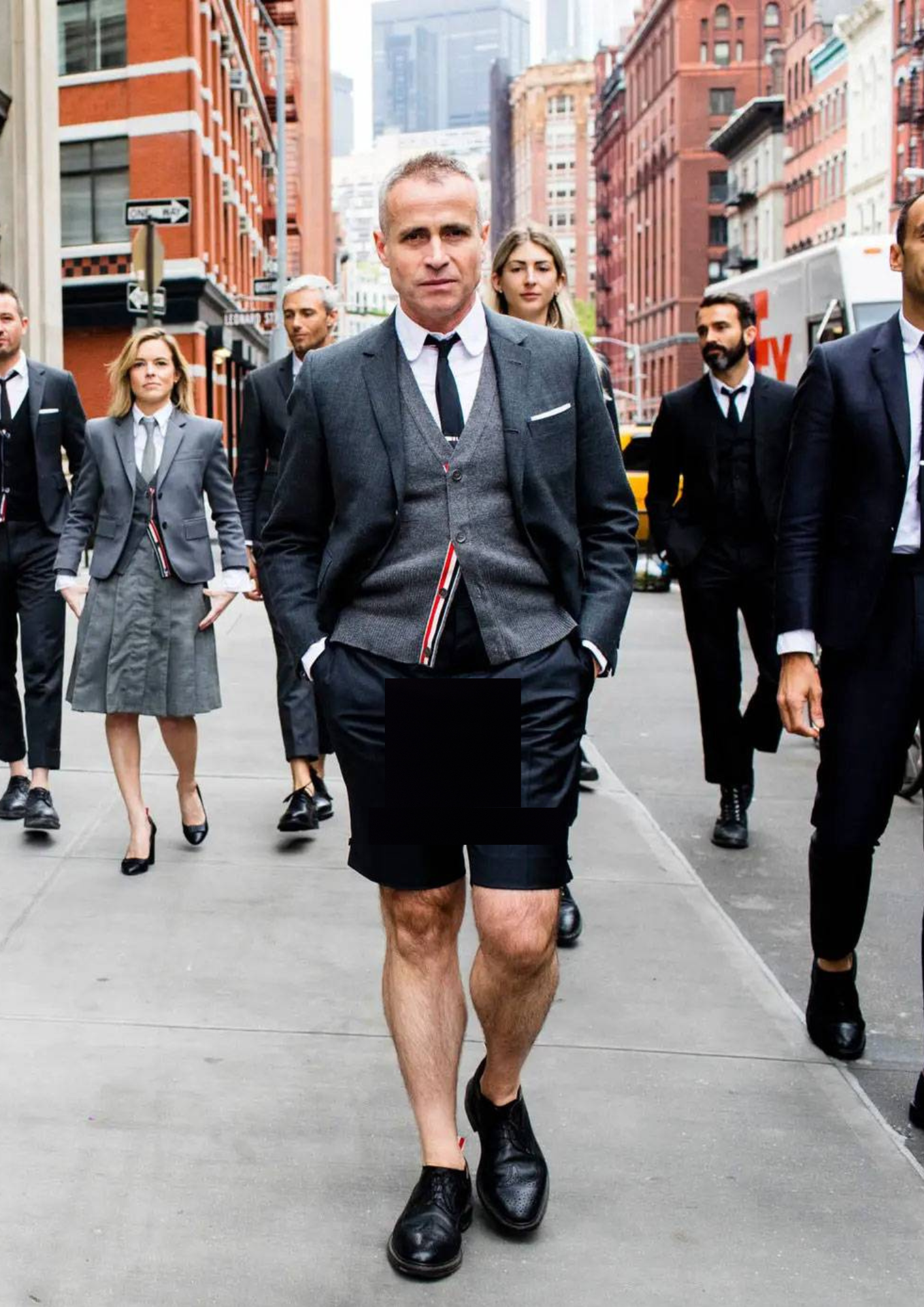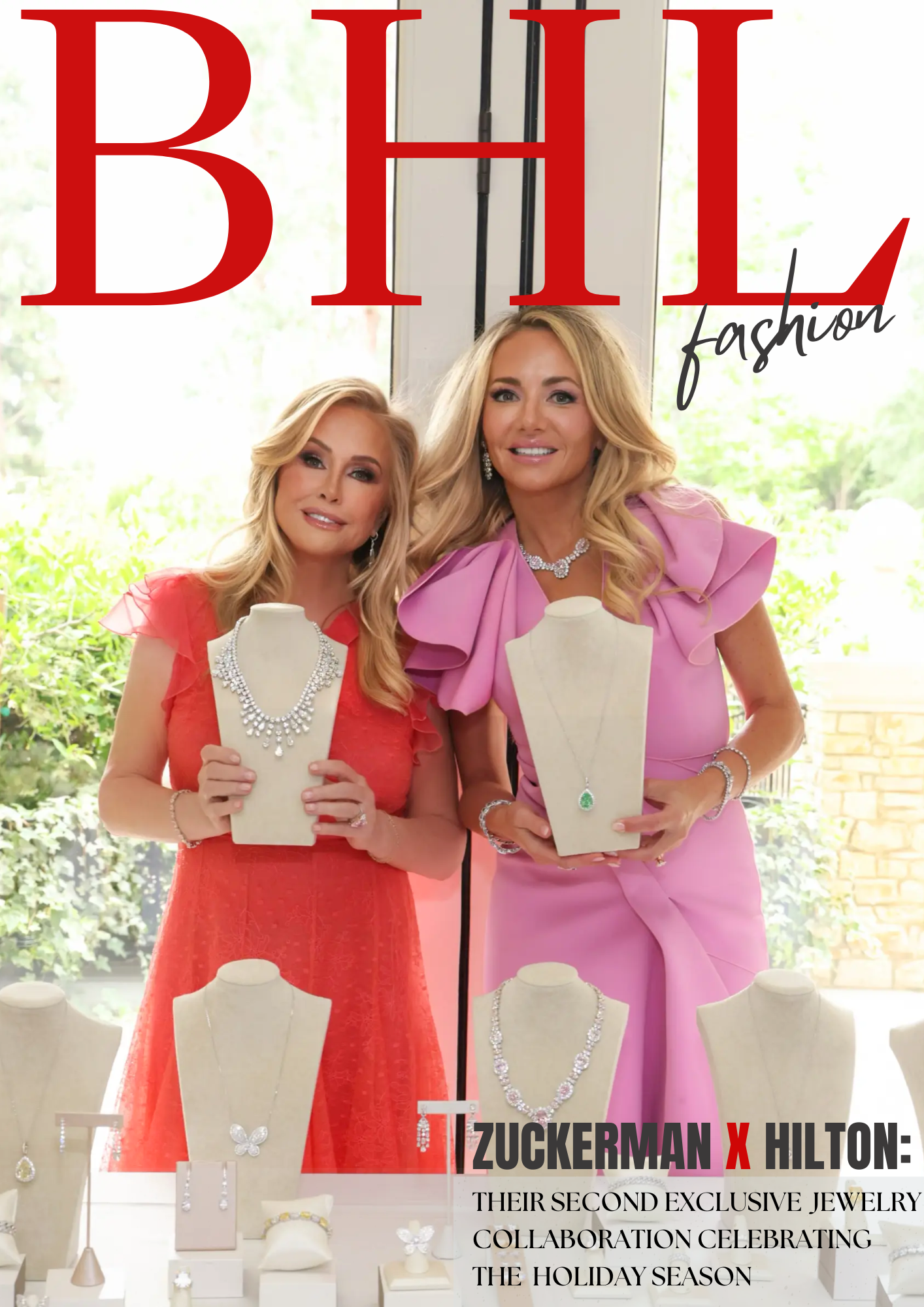Article by David Christopher Lee & Jason Bonzon
Though you might not know his name, you definitely know his movies. Lee Daniels is best known for producing the Academy Award-winning film “Monster’s Ball,” but more recently Hollywood has been buzzing about his film “Precious: Based on the Novel ‘Push’ by Sapphire.”
Daniels translated the novel “Push” into the movie “Precious,” which was a daunting task requiring relentless stamina to pursue the author’s rights after years of refusal. But who better to secure funding for this extremely high-risk investment than Daniels? He has a vision that far surpasses those of studio executives, and he was able to take this small project and turn it into a commercial success. At first his choice of an eclectic cast of comedians, musicians, dancers and first-time actors seemed questionable, but upon closer inspection his methods are sensible. Daniels was turned down by prospective investors countless times, and when his own agent told him the film could not be made, Daniels fired him. Daniels’ persistent leadership repelled and attracted many, but his tenacity garnered incredible support and promotion with Oprah Winfrey and Tyler Perry as executive producers. Daniels realized the vision of what “Precious” could be, and now Sapphire, Daniels’ former agent and the world have come to know it. With a meager budget estimated at $10 million, the film has already grossed more than $45 million at the box office since its November release in the States.
BHL: What was your reaction to being the first African-American nominated for a Directors Guild of America Award?
DANIELS: I didn’t think I was going to get one. There had been no African-American to ever win a nomination slot, so why would I ever dream that way? Then, after I got out of the shower, Oprah called and she was sobbing. Then I felt like I had to embrace the moment. It was a very emotional, humbling and powerful moment for me.
BHL: How did you choose the cast for the movie?
DANIELS: The very first person to become part of the project was Mo’Nique because she was in my previous film “Shadowboxer,” and she’s a really great friend. I love working with friends. In the book, Mary is actually smaller than Precious, so I knew from the beginning I wasn’t staying true to the book, but we did our own interpretation. Helen Mirren was supposed to play Mariah Carey’s role, but she dropped out at the last minute. One day, Mariah called and I told her about the project. Then I called Helen and asked her what she thought of Mariah. Helen said that Mariah would be great because it was unexpected.
BHL: How did you cast the role of Precious?
DANIELS: We went on a hunt for Precious, and I saw more than 400 girls. I learned so much about Precious through the casting because I like the truth. I was interviewing girls on the subway, at 7-Eleven and McDonalds. We’re looking for the truth. Many of these girls had HIV, were abused, taunted and couldn’t read – it was powerful. Part of the world I created with Precious was from what I learned from these faceless girls who nobody wanted to pay attention to. I narrowed it down to ten girls, and while I was trying to figure out which one was going to get the part, Gaby blew me away. The minute she stopped the audition, she started talking like this white girl from the valley and I was like “Who is this?” I realized that if I were to cast any of the girls who were “the truth” then I would have been exploiting them and they wouldn’t have been able to bring as much intelligence to the performance.
BHL: How would you describe your style?
DANIELS: I consider myself a little bit of Spike Lee, Fellini, Pedro Almodovar, a little ghetto, Euro and Homo.
BHL: What was it like on set?
DANIELS: A party … the work was so intense. The rule was that we had to laugh during the shooting because if we took things too seriously, the film will turn into a movie of the week, and we really have to laugh. When I yelled cut, Mariah was singing (couldn’t shut her up), Mo’nique was telling jokes and Lenny Kravitz was on the guitar. It was like a family – wonderful and joyous.
BHL: What are you working on next?
DANIELS: I’m working on a film called “Selma” which is about the civil rights movement, and after that I’m doing a musical, “Miss Saigon.” I’m excited about it – it’s a completely different world.
BHL: What is your advice to aspiring actors?
DANIELS: My daughter wants to be an actress and she’s 14. I put her in my first movie “Monster’s Ball” just as a good luck charm, and I actually don’t want her to be an actor yet – I want her to be happy. But she’s got the bug. For Christmas she said she wanted an agent. I realized she is my daughter because she doesn’t give up. You’re told “no” everyday, every hour, all the time. There are a bunch of “no’s” in your way to keep you from achieving your goal. I think the key to surviving as an actor and director is to never give up hope at all. I think a lot of times that’s what happens.
BHL: Has your life changed at all since “Precious?”
DANIELS: It has not changed. I think I’m constantly evolving. I won an Academy Award for my first movie [“Monster’s Ball”] and made history there. I won Cannes for my second movie “The Woodsman” and made history there. My third movie [“Shadowboxer”] was not a critical success, but it was something I was very passionate about. I love all my films equally … they’re like my babies. One film might have a hair lip or a toe missing, but I still love that baby equally. I’ve learned that I can’t take anything too seriously. I can’t read reviews because I know they will upset me. I feel the only thing that has changed is that my agents return my calls and I have another job. But I’m still cleaning out the toilet and picking up after my kids.
In his constant search for truth, Daniels has consistently found hope emerging from complete hopelessness. He has continued to endure and aspire despite what he has been told. With his latest film Daniels reminds us that if we should find ourselves without hope, it would be wise to reevaluate our beliefs about love. And if we can’t do it ourselves we must be open to letting others help.






























